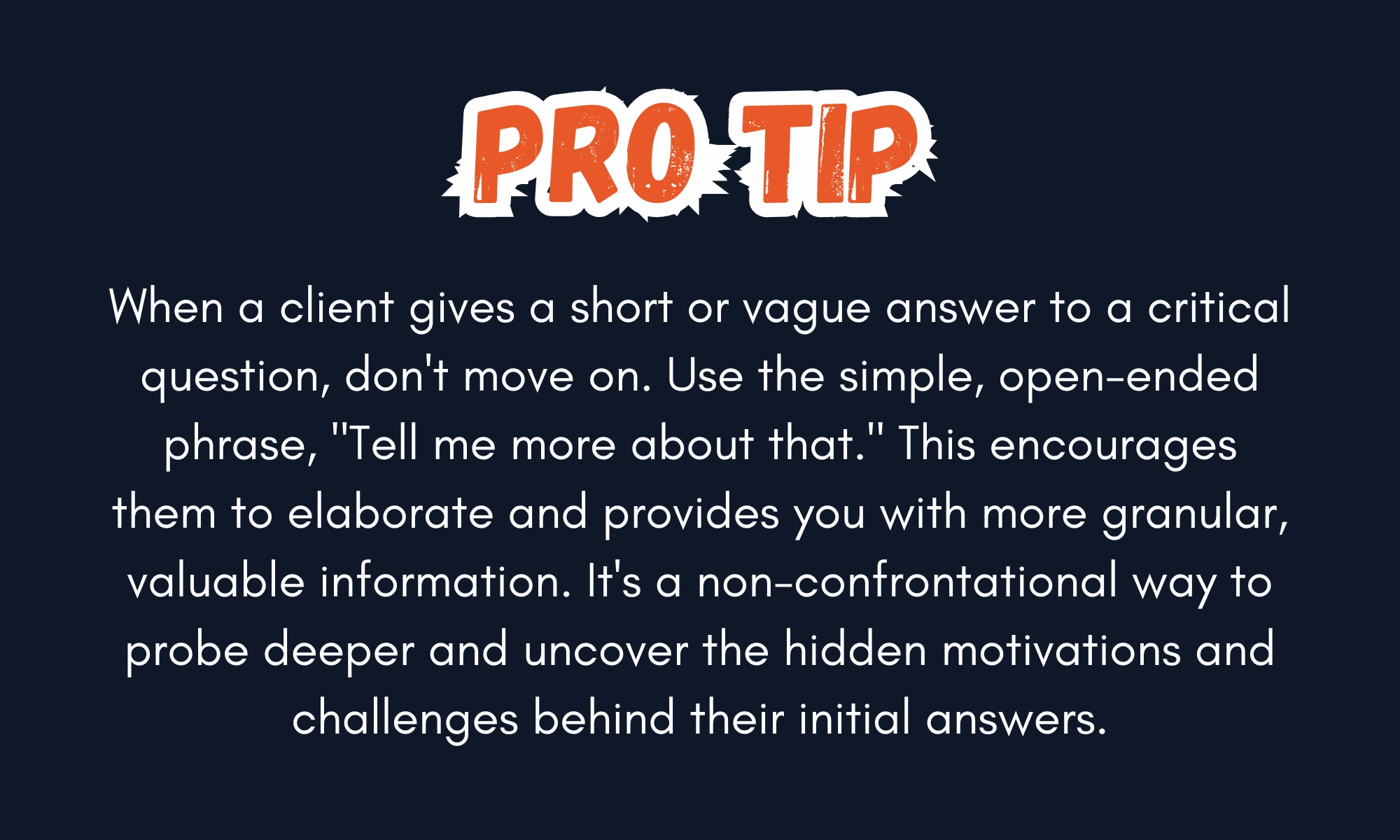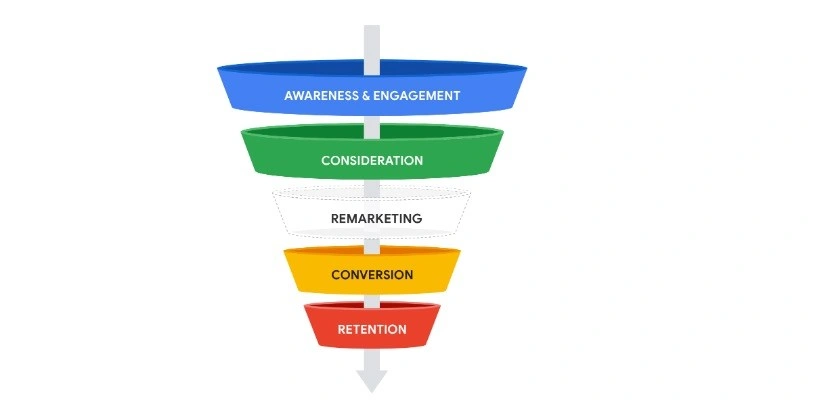The SEO Discovery Call: Why Your First Conversation is Your Most Important

In the modern digital economy, where businesses compete for attention in an ever-more crowded online marketplace, your first conversation with a potential client is your most critical. For an SEO agency, the discovery call is arguably the most crucial conversation you will have with a potential client. It's not a sales pitch; it's a diagnostic session. It's the moment where a curious lead transforms into a genuine prospect, where you move from being a faceless agency to a trusted partner. A well-executed discovery call is the difference between a one-off transaction and a long-term, profitable relationship. It is the foundation upon which every successful SEO campaign is built.
This article will break down the anatomy of a successful discovery call, detailing why it is so critical for both the client and the agency. It will provide a step-by-step guide to conducting a call that goes beyond surface-level questions, enabling you to uncover a client’s true challenges, goals, and opportunities, thereby positioning your agency as the definitive solution to their problems.
Why the Discovery Call is a Non-Negotiable Step
Too many agencies rush straight to a proposal, offering a one-size-fits-all package based on a few quick facts. This is a fundamental mistake. The discovery call serves as a vital filter and a strategic data-gathering exercise.
For the client, it’s an opportunity to:
- Articulate their pain points and business goals without feeling pressured into a sale.
- Gauge the agency's expertise, professionalism, and genuine interest in their success.
- Understand the agency’s process and what a potential partnership would look like.
For the agency, it’s a chance to:
- Qualify the lead. Is this a good-fit client? Do they have a realistic budget and expectations?
- Gather the critical business intelligence needed to craft a custom, data-driven strategy.
- Build a rapport and establish trust, positioning yourself as an advisor, not just a vendor.
- Uncover the "why" behind the inquiry. Are they just looking for a low-cost solution, or are they genuinely invested in a long-term growth strategy?
A discovery call transforms a cold transaction into a warm, human-to-human conversation, setting the stage for a collaborative partnership.

The Anatomy of a Successful Discovery Call
A great discovery call follows a clear, logical flow, moving from broad, open-ended questions to specific, tactical details. It's structured to empower the client to do most of the talking while you do the listening and probing.
Phase 1: The Introduction & Rapport Building
- Set the Agenda: Start by briefly outlining the purpose and structure of the call. This puts the client at ease and shows you respect their time.
- Establish a Rapport: Begin with a few non-business questions. Ask them how their day is going or how they found your agency. This humanises the interaction and builds a comfortable atmosphere.
- Acknowledge Their Inquiry: Briefly summarise what you know about their inquiry. "I saw your note about wanting to improve your search traffic and rankings, and I appreciate you taking the time to chat with us."
Phase 2: Uncovering the "Why" and the Business Goals
This is the most critical phase. Your goal is to get the client to articulate their deepest business challenges and aspirations. Avoid talking about SEO at this stage; talk about their business. Use questions that can't be answered with a simple "yes" or "no."
- "Tell me about your business. What do you do, and who are your ideal customers?"
- "What are your primary business goals for the next 12 months?" (e.g., increase revenue, expand to a new market, improve brand awareness)
- "What are the biggest challenges you're currently facing in your business?"
- "Why are you looking into SEO now? What was the trigger that led you to us?" (This question is a goldmine. The answer could reveal a new competitor, a recent drop in traffic, or a sales team struggling with poor-quality leads.)
Actively listen to their answers. Don't interrupt. Take notes on key pain points and phrases they use. This data will be crucial for your proposal. Use the power of "Tell me more" when a client gives a short or vague answer. This encourages them to elaborate and provides you with more granular, valuable information. Instead of telling the client what's wrong with their website, use your questions to guide them to that conclusion themselves, helping them to self-diagnose.
Phase 3: The SEO and Marketing Landscape
Once you understand their business, you can transition into their digital footprint.
- Review Their SEO History: "Have you done any SEO before? What did you do, and what were the results?" "Did you work with another agency? What did you like or dislike about that experience?"
- Assess Their Current Marketing: "What other marketing channels are you using right now (e.g., PPC, social media, email marketing)?" "What is your website's primary purpose? Is it for lead generation, e-commerce, or brand building?" "Do you have a content marketing strategy? Do you have an internal team or a writer?"
- Probe for Specifics: "What specific keywords or phrases would you love to rank for?" "What competitors do you admire in the search results, and why?"
Phase 4: The Budget, Decision-Making, and Next Steps
This is where you qualify the lead and set expectations.
- Discuss Budget: This can be a sensitive topic, but it is essential. "While we can't give you a precise quote without a full audit, our SEO retainers typically start at [X] per month. Does that align with the budget you have in mind for this project?" This question prevents you from wasting time on a proposal that is far outside their budget.
- Map the Decision Process: "Who else is involved in the decision-making process? What are the next steps on your end after this call?"
- Propose the Next Steps: Clearly and confidently outline your next actions. "Based on what you've told me, the next step is for us to conduct a detailed audit of your website and key competitors. I can have a custom proposal and strategy document over to you by [Date]. Does that sound good?"
.webp)
The Psychology of an Effective Discovery Call
A successful discovery call is more than just a checklist of questions. It's a psychological dance built on empathy, authority, and curiosity.
- Be a Consultant, Not a Salesperson: Your goal is to diagnose, not to sell. By asking probing questions and genuinely listening, you position yourself as a trusted expert who is there to help, not just to make a quick sale.
- Mirroring and Active Listening: Use phrases like "So, what I'm hearing is..." or "If I understand correctly, your primary goal is..." This shows you are paying attention and helps you to accurately summarise their challenges.
- The Power of Silence: Don't be afraid of a moment of silence after asking a question. It gives the client time to think and often leads to a more insightful, in-depth answer.
- Empathy is Key: Show that you understand their frustrations and share their excitement for their business goals. A phrase like, "That's a really common issue, and I can see how frustrating that must be," builds a powerful connection.
A good question to ask near the end of the call is, "If you had to choose not to move forward with a solution, what would be the reason?" The answer to this question can reveal hidden objections, such as a difficult internal approval process, a lack of budget, or a preference for a different marketing channel. This information allows you to address the objection directly in your proposal or follow-up, increasing your chances of closing the deal.
Common Mistakes to Avoid
Even seasoned professionals can make mistakes during a discovery call. Here are some pitfalls to steer clear of:
- Talking Too Much: The 80/20 rule applies here: the client should be talking 80% of the time. If you find yourself doing most of the talking, you're not learning enough.
- Pitching Too Early: Do not start talking about your agency's "secret sauce" or a specific strategy before you fully understand their problems. It shows you're more interested in selling than in solving.
- Failure to Qualify: A lack of clear questions about budget, authority, and timeline will lead to wasted hours on proposals that go nowhere.
- Not Setting Clear Next Steps: A discovery call that ends with "Okay, we'll be in touch" is a failed call. Always end with a clear, actionable plan and a specified timeline.
.webp)
Conclusion: Beyond the Proposal
The discovery call is the first, and most important, step in a client relationship. It is not an obligation to be endured before the "real work" begins; it is the real work. It is the moment you transition from a provider of a service to a partner in your client’s success.
By approaching the discovery call with a mindset of genuine curiosity and a commitment to understanding your client's business, you will not only gather the intelligence you need to create an exceptional proposal but also lay the groundwork for a partnership built on trust, clear communication, and shared success.
.avif)



.webp)




